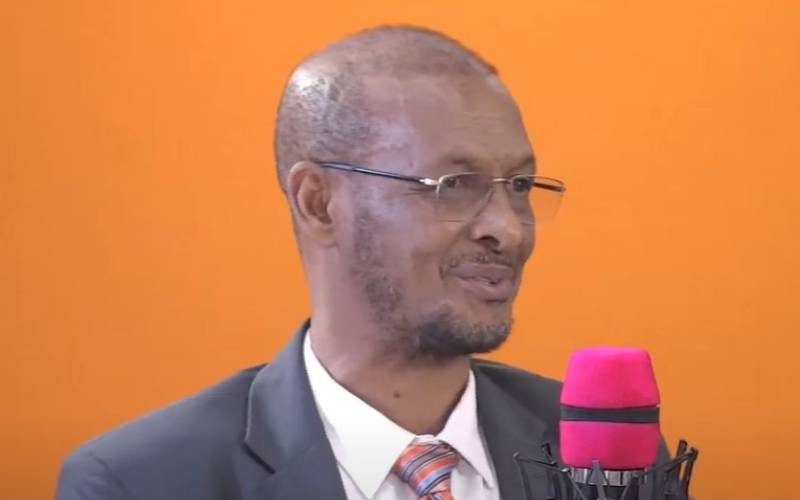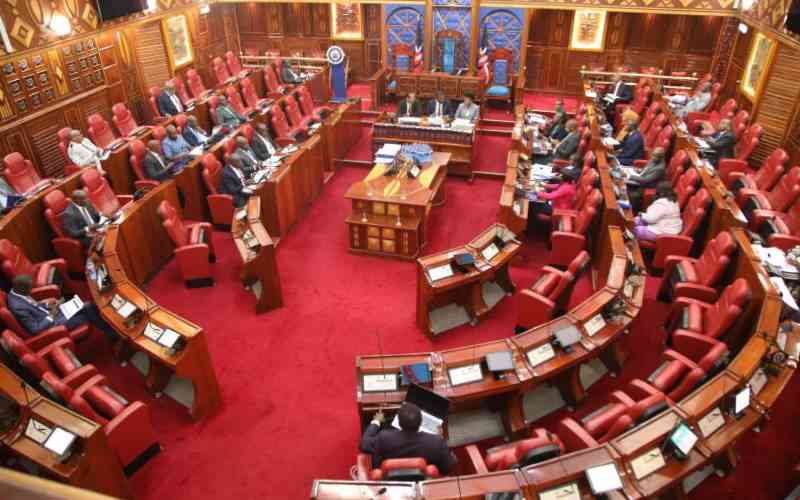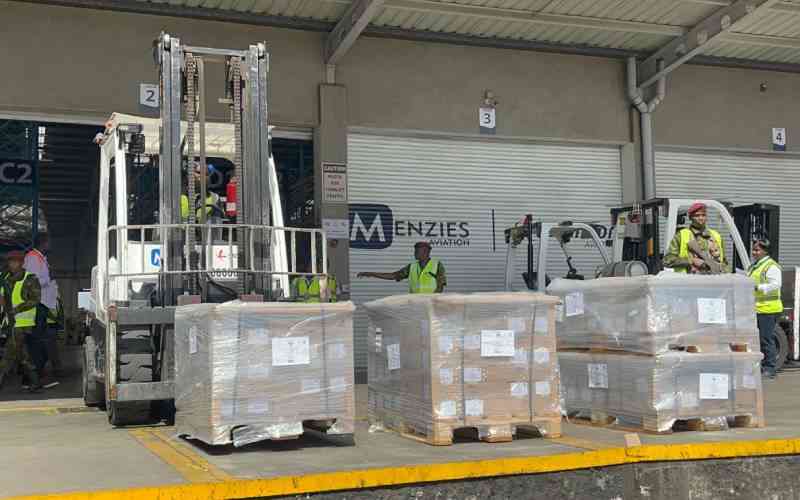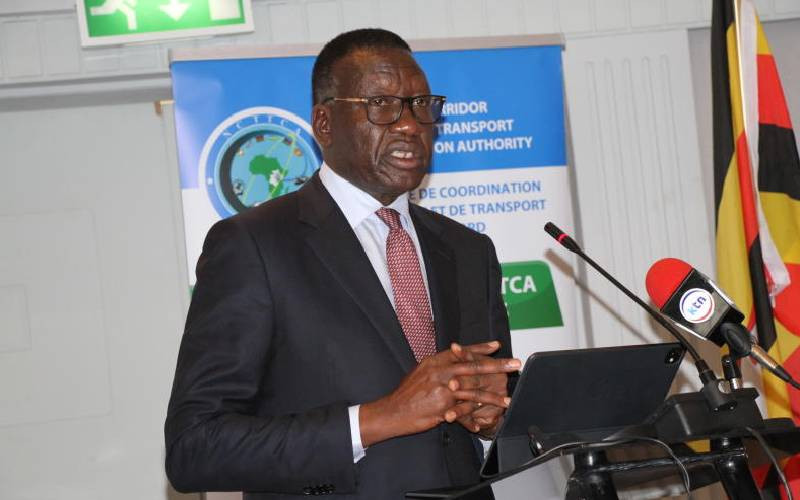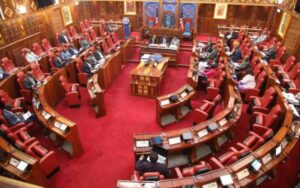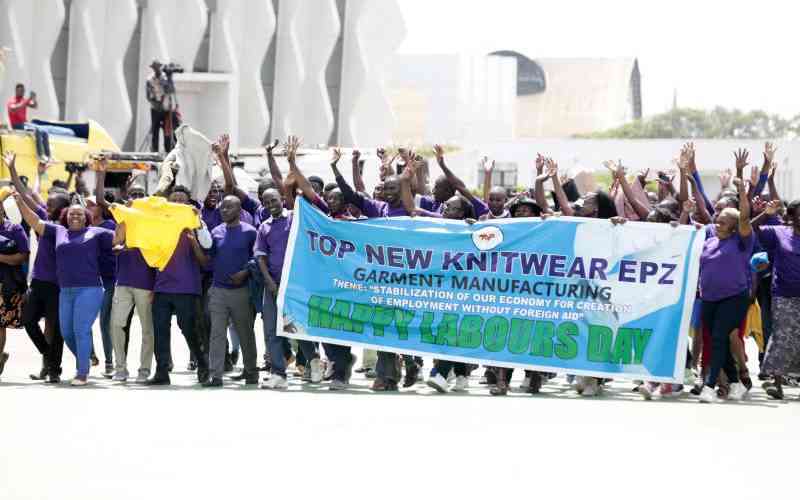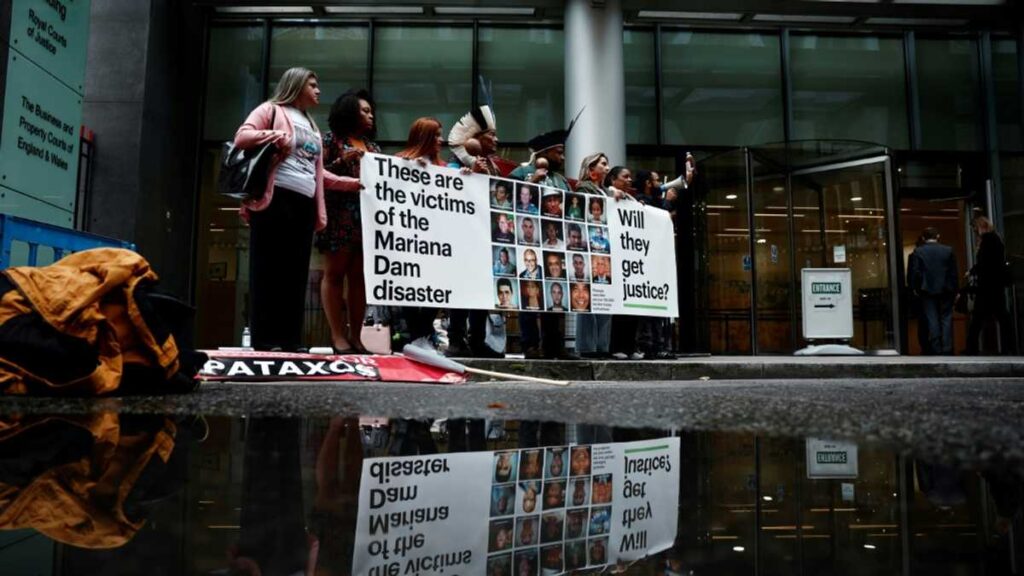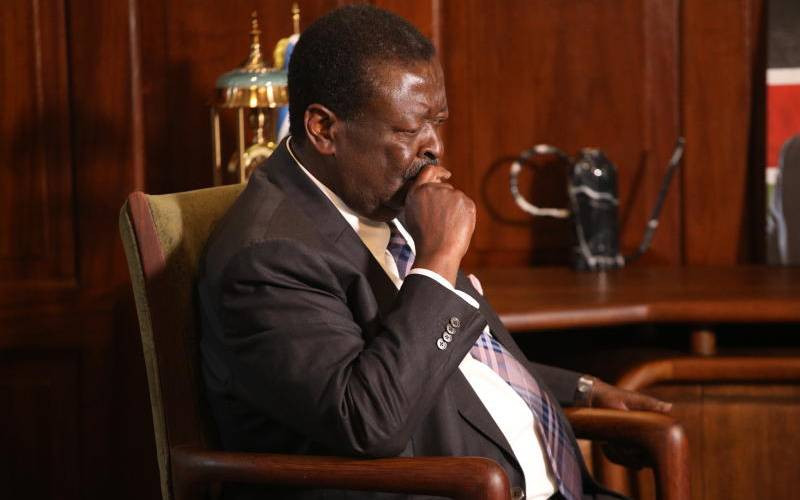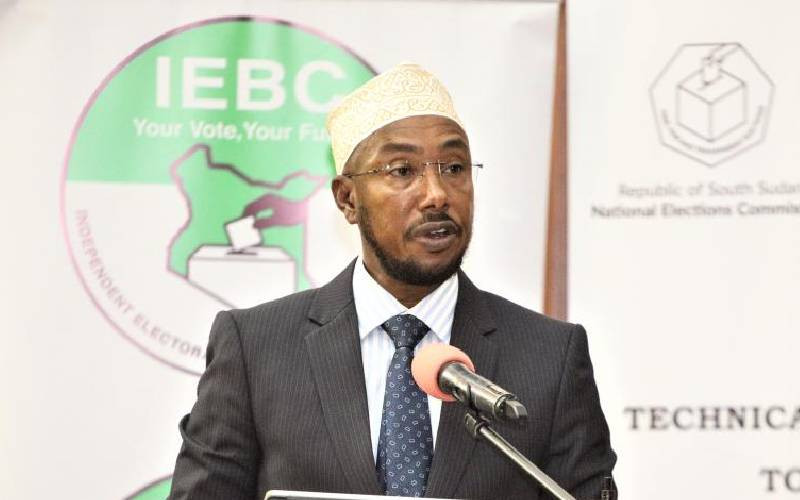Transport Cabinet Secretary Davis Chirchir has said the proposed national tolling policy seeks to introduce a sustainable system, built around the ‘user pay charges’ principle.
According to the CS, this will optimise revenue generation from toll roads using advanced tolling technologies and modern highway maintenance systems.
Appearing before the National Assembly Committee on Transport and Infrastructure, Chirchir said the proposed policy is expected to guide selection and funding of road projects and provide a stable revenue stream for road development and maintenance.
It is also expected to attract private sector investment through Public-Private Partnerships (PPPs), promote good governance in toll operations, and support environmental sustainability by reducing congestion and carbon emissions.
“The Government seeks to prioritize development, maintenance, and rehabilitation of road infrastructure as envisioned in the Bottom-Up Economic Transformation Agenda (BETA) and Vision 2030. However, due to budgetary and financial constraints, there exists a significant deficit in road infrastructure financing which necessitates the adoption of innovative mechanisms to raise additional funds to mitigate this funding gap,” the CS told the committee.
But the committee, chaired by Ndia MP George Kariuki, insisted on alternative toll-free routes, saying Kenyans should have a choice.
They also acknowledged that in some areas, viable alternative roads are lacking, which raises concerns of inclusivity and access.
The committee also scrutinized the Public-Private Partnerships (PPPs) underlying the tolling projects.
While they supported PPPs as tools for accelerated development, the MPs insisted on transparency in contract terms, cautioning that poorly defined agreements could compromise public interest, particularly in toll pricing and maintenance standards.
“There is need for integration of public’s feedback into the ministries final policy, with a firm focus on affordability, access, equity, and transparency for ensuring the tolling system serves the broader public interest,” the committee said.
The CS said a public participation exercise was held, with Kenyans insisting that the government must guarantee accountability and transparency in the management of the funds collected from tolls, the system adopted for tolling, and the procurement of the toll operators.
They also called for exemption from payment of tolls to be granted to persons with disabilities, medical utility vehicles, and school buses and the policy review period to be reduced from 10 to five years.
Kenyans have also called for creation of a toll-sharing framework between the national and county governments and further engagements be held in setting the toll rates with further consideration for discounts, toll free days, among others.
Stay informed. Subscribe to our newsletter
Chirchir also told the committee that newly built or improved roads—including those with added lanes, upgraded safety features, and enhanced driving conditions—will now be subject to tolling.
Toll revenues are intended to fund major infrastructure projects such as the Rironi-Nakuru-Mau Summit Highway and the Nairobi-Mombasa Expressway.
Both projects are structured as PPPs, where private investors will finance, construct, and operate the roads in exchange for toll income.
Currently, the Nairobi Expressway is the only operational tolled road in the country, but more roads are expected to be added under the proposed framework.
Projects prioritized for tolling will be those with at least 5,000 vehicles daily and significant freight movement.
The CS explained that the Integrated National Transport Policy (INTP) 2012 and the National Surface Transport Funding Policy (2016-2025) proposed a variety of sustainable initiatives to be adopted, where appropriate, to bridge the financing gap.
Some of the proposals included an increase in the fuel levy fund, introduction of road tolls, “user pays” principle, and insurance premiums tax and using the balance of funding gap from funds of the Exchequer.
To develop a comprehensive framework within which how road tolls will be applied to fund road infrastructure expenditure, a multi-agency technical working group was appointed on in April last year to develop the Road Tolling Policy. The group’s mandate is to further progress the policy to its ultimate approval by Parliament through a Sessional Paper.
Chirchir said the policy is still under review and subject to variations depending on the outcome of the engagements with Parliament and Cabinet deliberations.
“I urge the Committee to give their views, support this policy and any further amendments of the law that we shall be initiating to implement the policy,” he said.


